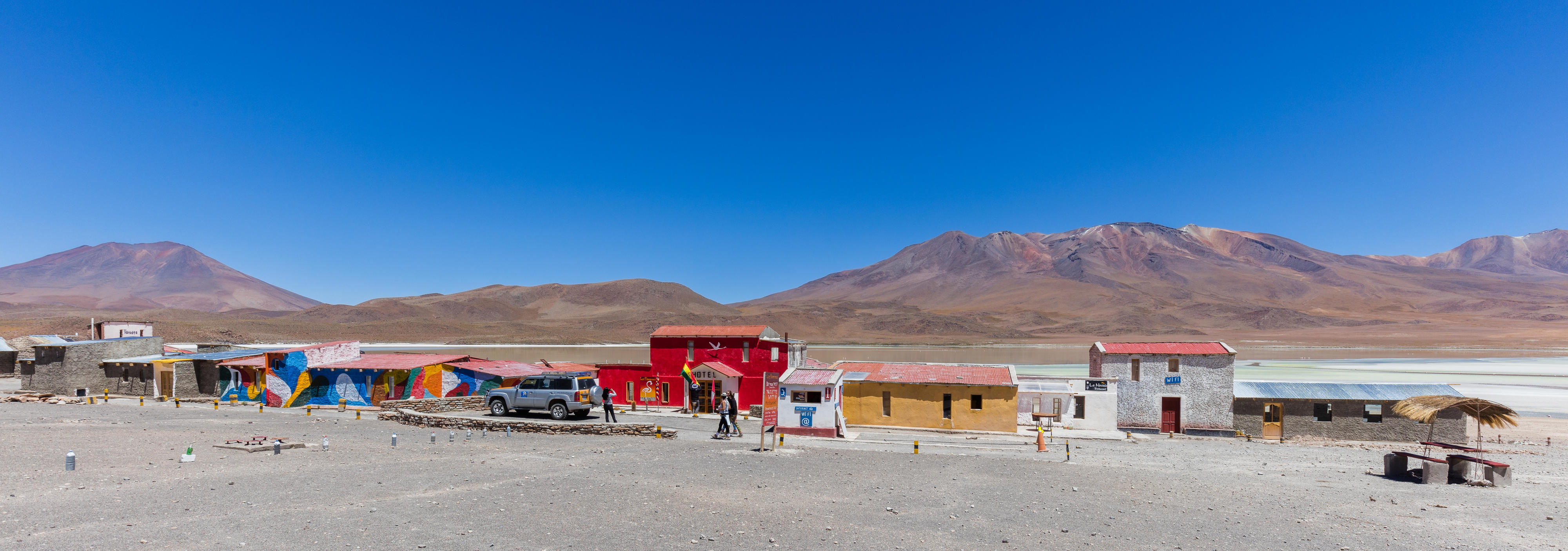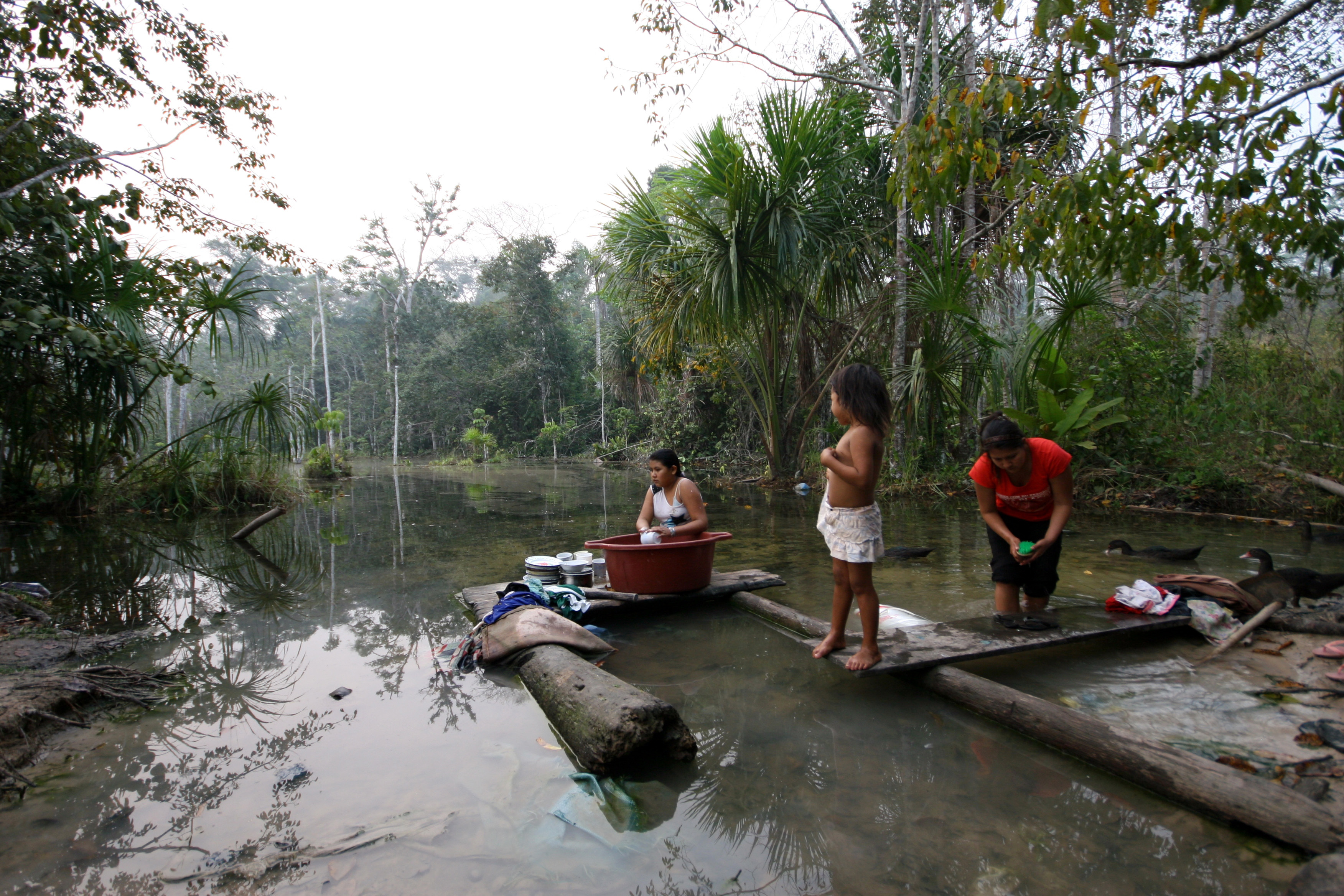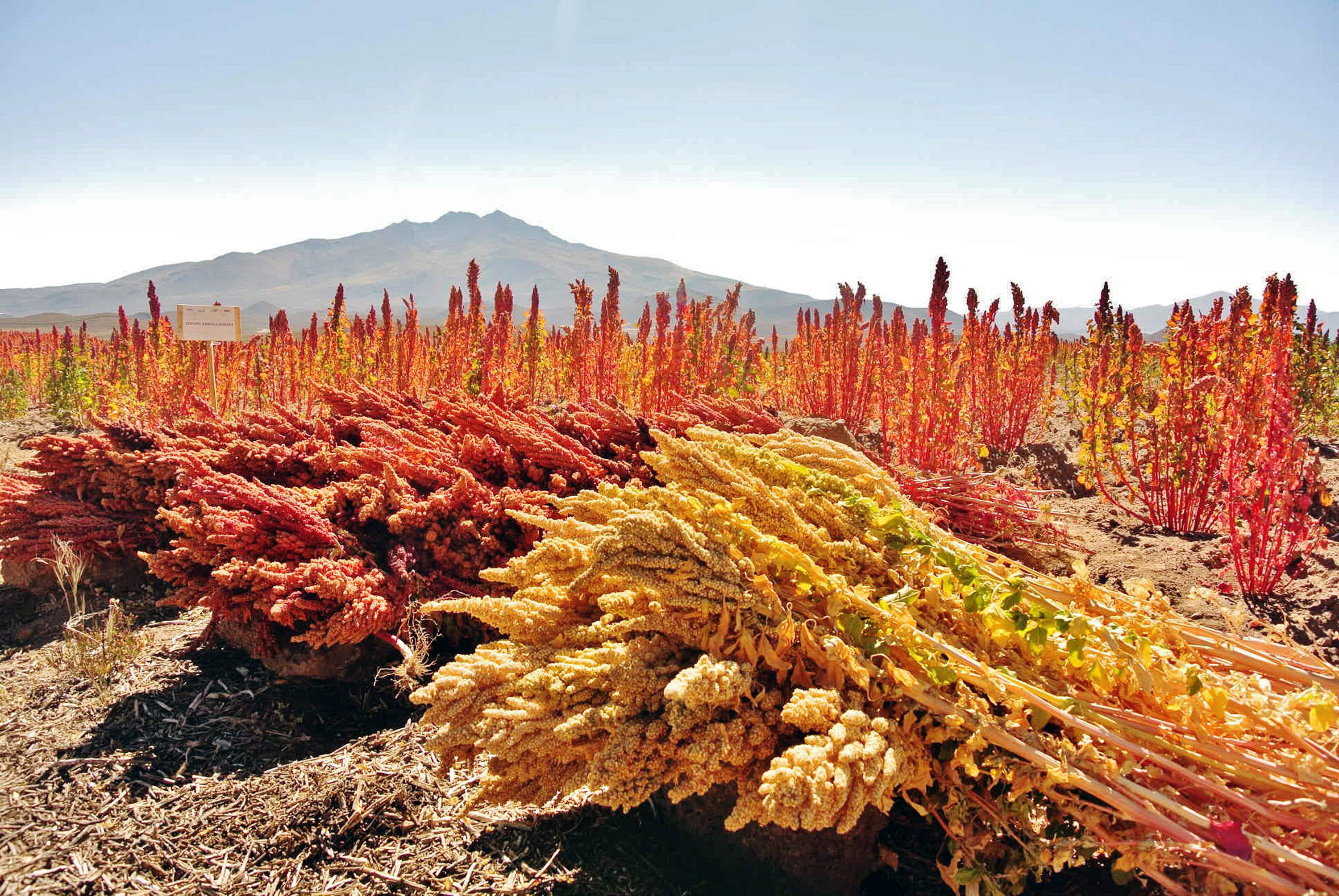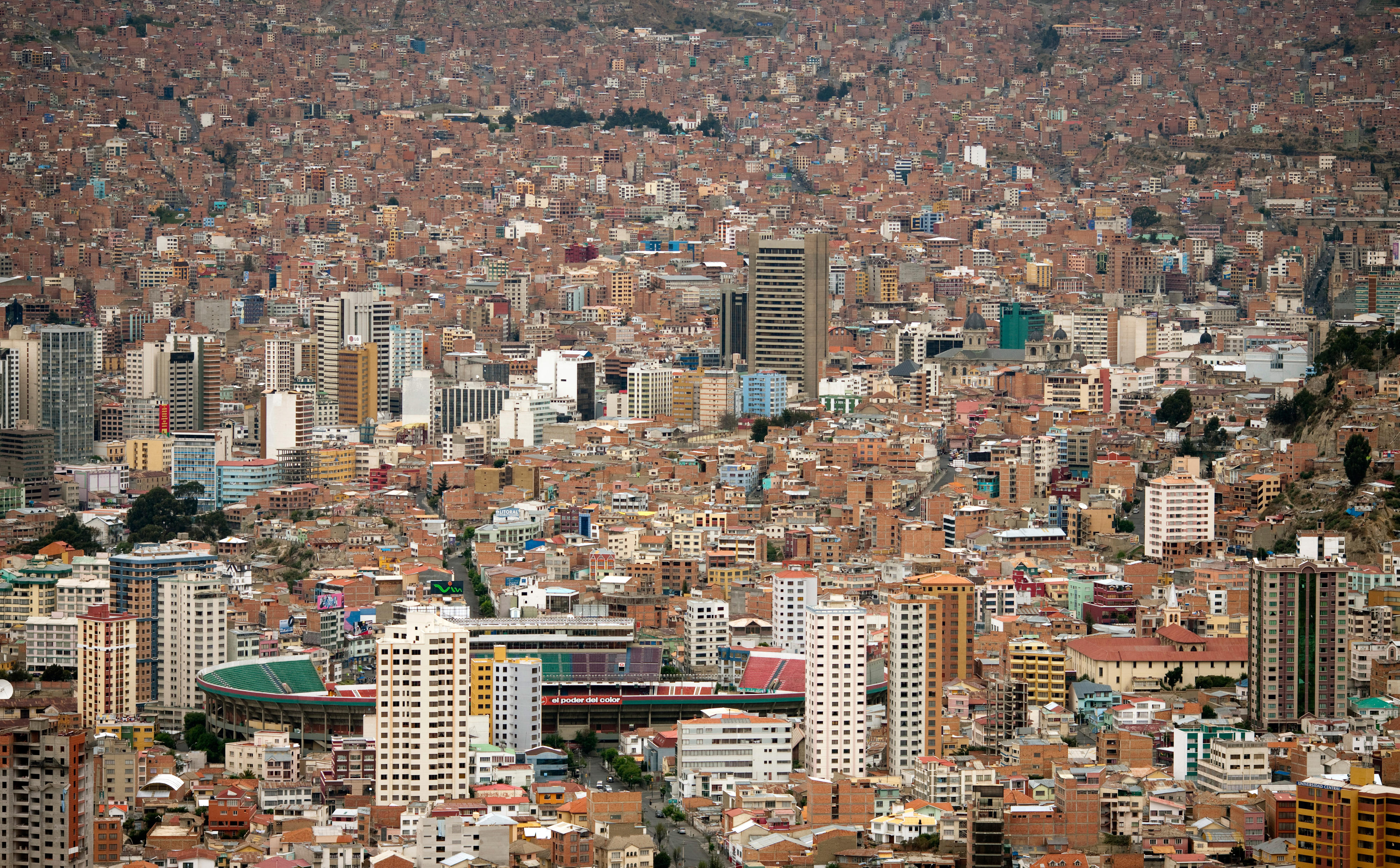Oasis at the Laguna Hedionda salt lake in Bolivia
Copyright© Diego Delso, via Wikimedia Commons, CC-BY-SA 4.0
Bolivia
After failed presidential elections in 2019 and the political crisis that ensued, the situation in Bolivia has now stabilised again. In October 2020, Luis Arce, a socialist, won the democratic presidential elections. However, the South American country remains politically and socially divided. Bolivia is also faced with great challenges economically. A sustainable structural transformation is urgently needed in order to reduce the country's high level of dependency on extractive resource exports.
Poverty reduction
Bolivia is one of the poorest countries and has one of the weakest institutional and economic environments in South America. The country has managed to reduce the share of people in poverty by about half since 2000. Among other things, this has been possible thanks to massive investment in social programmes. However, the COVID-19 pandemic and temporary declines in the prices of raw materials have undone part of these achievements in the last few years. The number of informal workers has increased significantly since 2020 and is now estimated to stand at about 80 per cent. Poverty disproportionately affects rural and indigenous people. Moreover, the country has one of the highest rates of violence against women and girls in the region.
Conservation of natural resources
Action is also urgently needed with regard to the protection of global public goods. Being located in the Andean and Amazon region, Bolivia has vast natural resources and biodiversity, and large forests, which means that the country plays a particularly important role for climate change mitigation. Bolivia has the second-highest deforestation rate in the Amazon region (after Brazil) and the third-highest rate of forest loss worldwide. This highlights the urgency of taking national and international action.
Energy transition
Bolivia wants to undertake major efforts with regard to its energy supply. Currently, most of its electricity is generated by natural gas power plants. The Bolivian government now has included the goal of an energy transition in its national development plan and its Nationally Determined Contribution (NDC). It is supporting the use of renewable energy and the establishment of decentralised power generation facilities.
German development cooperation with Bolivia
The Federal Ministry for Economic Cooperation and Development (BMZ) has decided to continue its bilateral development cooperation with Bolivia, supporting it on its development path as a reliable partner, especially in the fields of environment and rural development, gender equality, and development of renewable energy.
So far, cooperation has focused on the following priority areas:
- Drinking water supply and sanitation
- Rural development and environment
- Energy
Further topics covered by the programme of cooperation are the prevention of violence against women, and pandemic prevention and preparedness.
At the government negotiations in 2021, Germany committed 37.5 million euros to Bolivia for Technical and Financial Cooperation.
SDG trends for Bolivia
- On track or maintaining SDG achievement
- Moderately improving
- Stagnating
- Decreasing
- Trend information unavailable




















